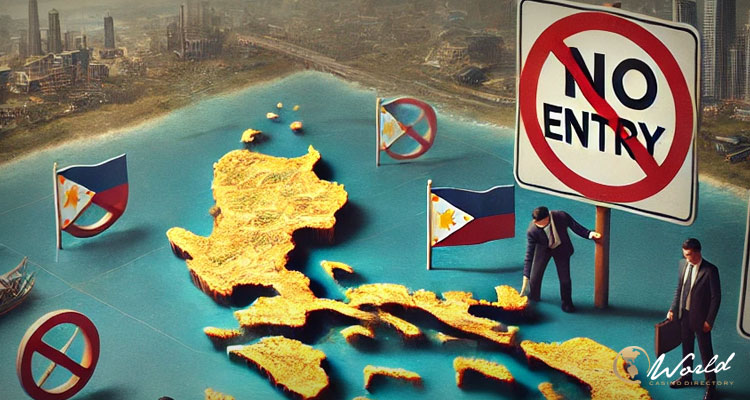The Philippine Amusement and Gaming Corporation (PAGCOR) has announced a significant policy shift, declaring that POGO (Philippine Offshore Gaming Operator) hubs will no longer be permitted. This move, disclosed by PAGCOR Chairman and CEO Alejandro Tengco during a Senate inquiry, aims to tackle the various criminal activities linked to these hubs, including human trafficking and torture.
Tengco revealed this new policy when Senator Sherwin Gatchalian sought assurance that such criminalities associated with POGOs would be prevented, according to Inquirer. Referring to the recent raid on a POGO firm in Porac, Pampanga, which was allegedly involved in human trafficking and other crimes, Tengco admitted the difficulty in guaranteeing the complete eradication of illegal activities. However, he assured that PAGCOR would enhance its monitoring efforts, particularly focusing on the remaining 43 licensed POGO firms.
Stricter Monitoring and Ban on New Hubs
Tengco explained that PAGCOR is implementing new guidelines that include banning POGO hubs. “We’re coming out with certain guidelines. We’re already banning hubs,” Tengco stated. He clarified that while there is no immediate order for closure, no new hubs will be approved. “We will not allow any hub existing or going to be applied for. We will not approve it anymore because we want to be site-specific and building-specific,” he added.
To ensure strict compliance, PAGCOR will deploy 24/7 monitoring teams to oversee the licensed POGO firms. This step is intended to deter criminal activities and ensure prompt reporting to law enforcement agencies if any suspicious activities are detected. “Hopefully that can deter, hopefully if we notice anything, we can immediately report it to the police,” Tengco said.
Despite these efforts, Alejandro Tengco expressed his reservations about completely eliminating criminal activities. “It’s difficult for me to say in this hall and in front of everyone here that this will be the last [incident] because if there is really a criminal intent, then I can no longer monitor it,” he admitted.
Legislative and Regulatory Support
Before the Senate, Tengco indicated that PAGCOR would support any decision by Congress and President Ferdinand Marcos to ban POGOs entirely. This stance comes amid increasing calls from several lawmakers for a permanent ban on POGOs, driven by the persistent criminal activities associated with the industry.
The concept of self-contained POGO hubs was introduced in 2019, with the previous PAGCOR administration claiming that these hubs would simplify regulation and limit interactions between Chinese workers and local Filipinos. However, these hubs have become highly controversial due to numerous raids and reports of illegal activities.
Allegations and Investigations
Adding to the controversy, Tengco named former presidential spokesperson Harry Roque as the individual who allegedly lobbied for the POGO operation later raided in Porac, according to Inside Asian Gaming. During the Senate inquiry, Tengco detailed how Roque, along with a representative of Lucky South 99, visited his office in July 2023 to discuss unpaid fees amounting to $500,000. The pair claimed that taxes had been paid to Dennis Cunanan, the company’s authorized representative, who failed to forward the payments to PAGCOR. While Roque did not request PAGCOR to address the missing funds, he did ask for a reapplication of the POGO’s license ahead of its expiration in October 2023.
Following Tengco’s testimony, Roque issued a statement vehemently denying any involvement with illegal POGOs. “As clearly stated by PAGCOR Chairman Alejandro Tengco in today’s Senate hearing, I requested a rescheduling of arrears payment of a lessee and principal of my client Whirlwind Corporation,” Roque clarified. He asserted that he never consented to his name being used in any submission by Lucky South 99 to PAGCOR concerning license renewal.
Roque is expected to testify in the next Senate inquiry into POGOs, further scrutinizing the operations and regulatory compliance of offshore gaming operators in the Philippines.



